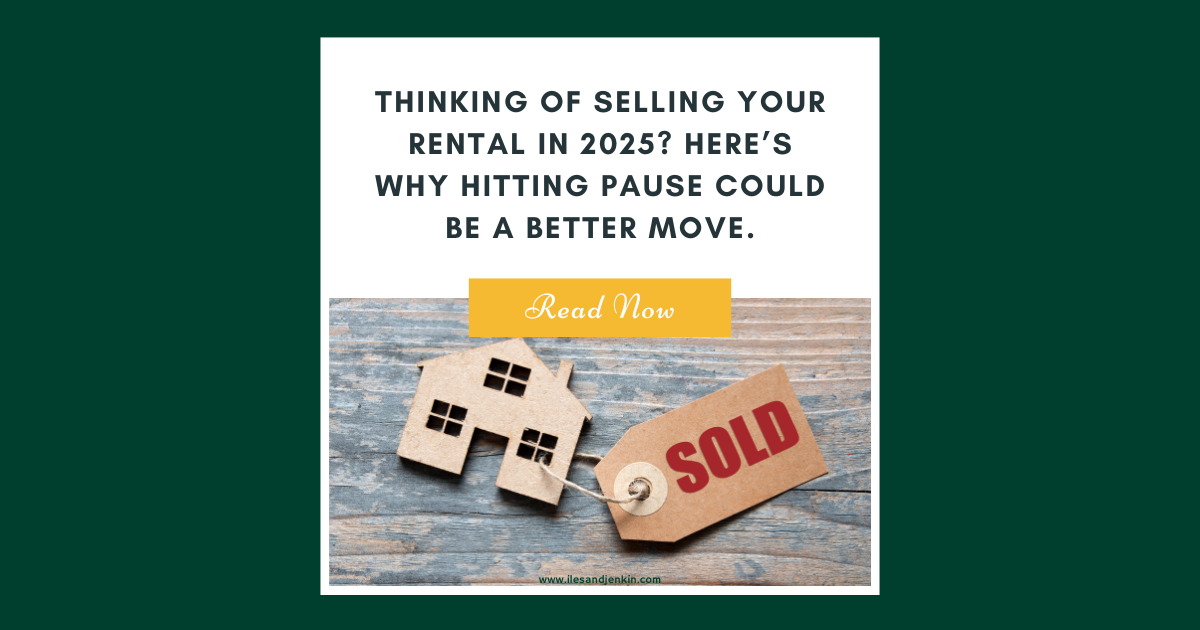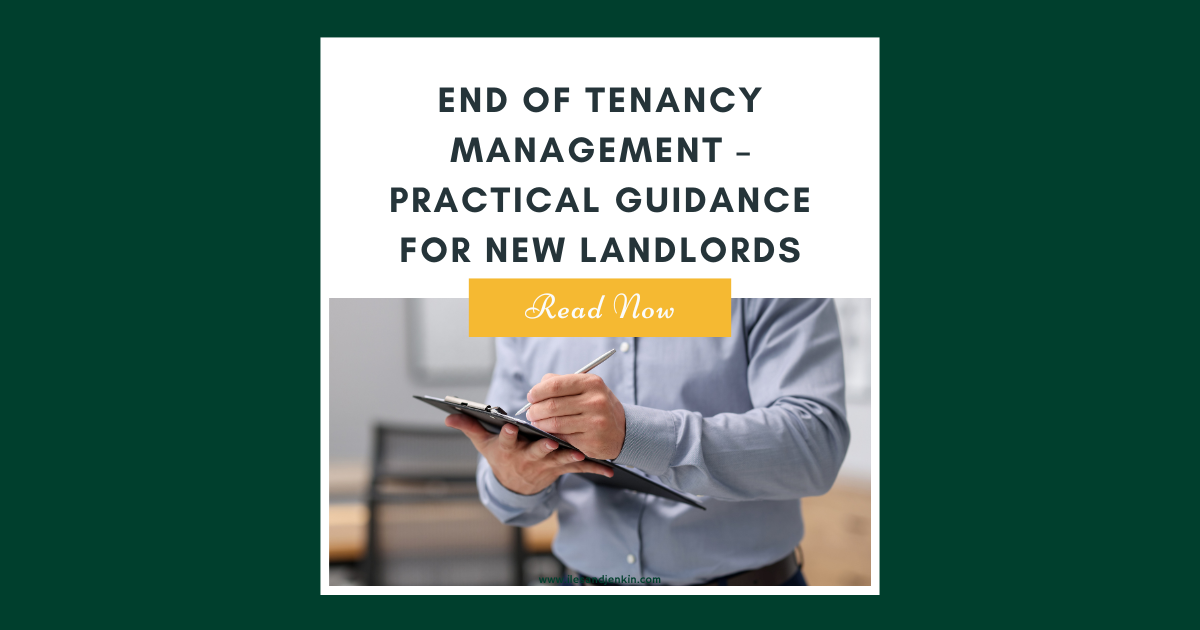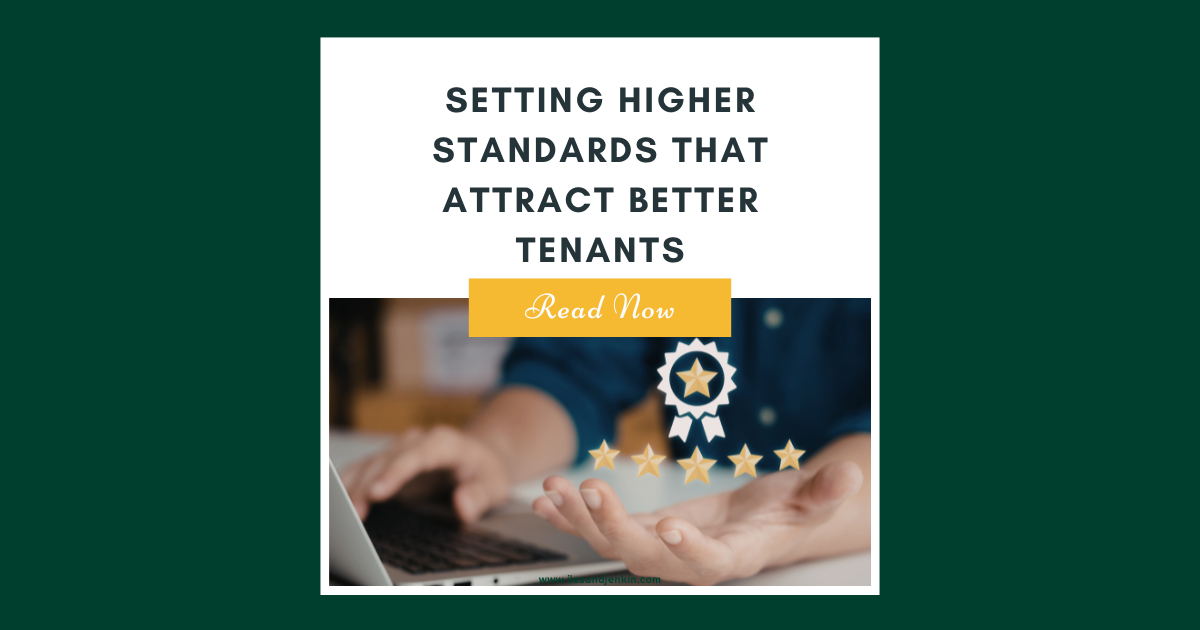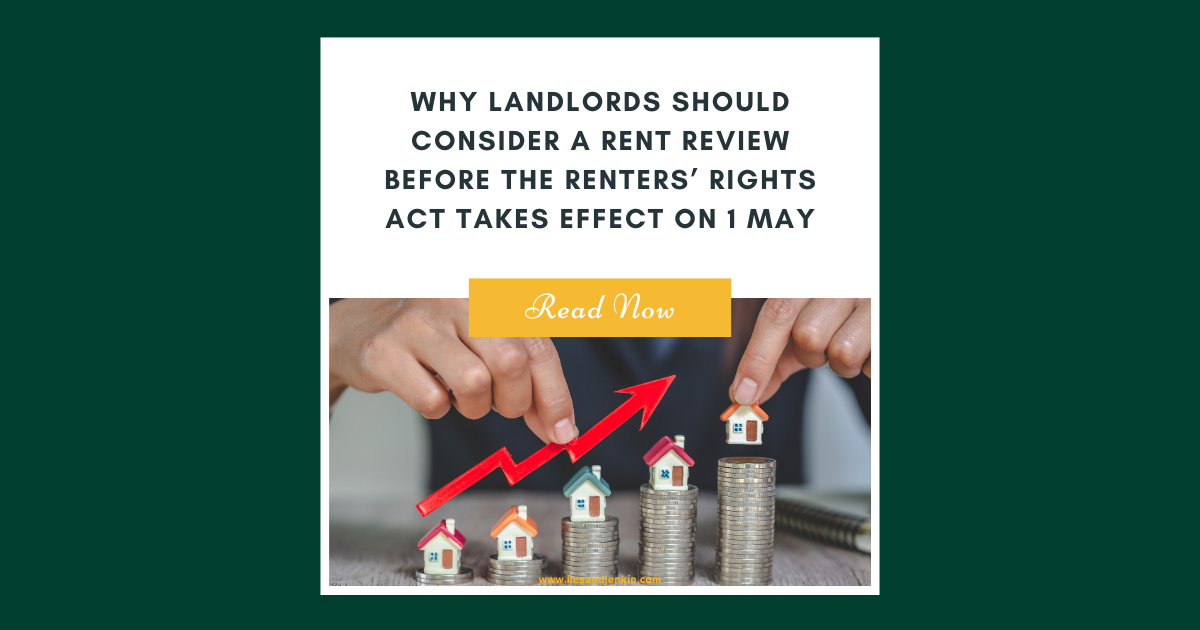Thinking of Selling Your Rental in 2025? Here’s Why Hitting Pause Could Be a Better Move.
With higher interest rates, rising costs and yet more regulation on the horizon, it’s no surprise many landlords are quietly asking the same question:
“Is it time to sell up and get out?”
For most landlords, especially here in North Somerset, the honest answer is: probably not.
History - and the current data - suggest that holding onto a good rental property is still one of the most reliable ways to build long-term wealth. Selling in 2025 to relieve short-term pressure could mean giving up years of future growth and handing more than you need to to the taxman.
Below we’ll walk through the key reasons why pressing the “sell” button now could be an expensive mistake - and what you might consider doing instead.
1. Property Values in North Somerset Have Climbed Strongly Over Time
Before you make a decision based on how things feel right now, it’s worth zooming out.
Over the last 10–20 years, North Somerset has seen very strong capital growth. Average prices in the county are now around £358,000, compared with much lower levels in the mid-2000s and mid-2010s.
In other words, landlords who held on through previous wobbles (credit crunch, Brexit, COVID, mini-budget, etc.) were rewarded for their patience.
Even allowing for the recent cooling in prices, the long-term trend is still up. Across the UK, average prices are still higher than a year ago, and significantly higher than a decade ago.
Property is a long-term game. Short-term dips and flat periods happen - but over a 10–20 year view, bricks and mortar have historically done very well.
2. Capital Gains Tax Has Gone Up – So Selling Now Can Hurt
One of the biggest reasons not to sell in 2025 is tax.
The Capital Gains Tax (CGT) allowance has been cut sharply in recent years:
2022/23: £12,300
2023/24: £6,000
2024/25 and 2025/26: £3,000 - and currently set to stay there. GOV.UK+1
That means far more of your profit is now taxable.
For residential property, CGT rates are:
18% for gains within the basic rate band
24% for gains in the higher/additional rate band (reduced from 28% in 2024, but now applied to a bigger taxable amount because the allowance is so low). GOV.UK
Example (simplified):
You sell a rental for £250,000 that you bought for £150,000.
Gain = £100,000
Old allowance: £12,300 tax-free
Current allowance: £3,000 tax-free
That’s an extra £9,300 of your gain now exposed to tax.
For a higher-rate taxpayer at 24%, that’s £2,232 more CGT purely because you sold after the allowance was slashed.
So if you’re thinking of selling mainly to escape mortgage costs, it’s worth asking:
“Is this really solving my problem – or just crystallising a big tax bill I might otherwise avoid or delay?”
(And of course, always take personalised tax advice before selling.)
3. Rental Demand Is Still Exceptionally Strong
On the ground, most landlords don’t need the ONS to tell them demand is high - they see it in the number of enquiries and applications for each decent property.
Nationally, average UK private rents rose by 8.7% in the 12 months to October 2024, and they’re still rising at around 5–6% a year as of mid-2025. Office for National Statistics+1
The South West has consistently been one of the stronger regions for rental growth, reflecting both limited supply and strong demand from people moving here for lifestyle and work. GOV.UK+1
What this means for you:
Well-presented, well-managed rental homes in areas like Weston-super-Mare, Clevedon, Nailsea, Yatton and Portishead are rarely empty for long.
Rents have risen significantly over the last decade - many landlords have seen 50%+ rent growth compared with mid-2010s levels, depending on the property and area. (Inference based on regional rent indices over time.) GOV.UK+1
If you sell now, you’re walking away from a rising income stream in a market that still has a structural shortage of decent rental homes.
4. Interest Rates Are High Now – But Expected to Fall
A lot of the current anxiety is about mortgage rates - understandably so.
The Bank of England’s base rate is currently around 4%, after a series of cuts from higher levels earlier in the cycle. Bank of England+1
Recent forecasts and market expectations suggest:
More cuts are likely into late 2025 and 2026, with many economists expecting Bank Rate to move towards 3.5–3.75% over the next 12–18 months if inflation continues to fall.
As rates ease, mortgage products should gradually become cheaper again – especially for landlords with solid equity and good track records.
If you sell now because rates feel painful, you could:
Pay a big CGT bill
Lose a good long-term asset
Then watch rates fall and property values recover without you
Landlords who can ride out this higher-rate period may be able to:
Remortgage in 2025–26 on better terms
Lock in a more comfortable payment
Keep enjoying rising rents in a less competitive landlord market (because some have already sold and exited)
5. Property Is Still a Powerful Inflation Hedge
Over time, property has tended to protect investors from inflation better than cash.
Why?
Rents tend to rise over time as wages and prices rise
Property values have historically grown faster than the value of money erodes
Mortgages shrink in real terms - the nominal balance stays the same, but inflation reduces its “real” weight on your finances
Imagine a property bought around 2005 for £140,000, with a £100,000 interest-only mortgage:
Today, a typical North Somerset property of that type could easily be worth £250,000–£300,000+, depending on location.
The mortgage is still £100,000 in nominal terms – but compared to wages and prices in 2025, it’s far less of a burden than it was in 2005.
If you sell, you give up:
A hard asset that tends to rise over the long term
An income stream that can be uprated with inflation
The ability to let inflation quietly eat away at the real value of your debt
6. Property vs Stocks vs Savings – The Long View
Some landlords think about selling and putting the proceeds into shares, bonds or savings accounts instead.
Diversification can be sensible, but it’s worth remembering:
UK house prices have increased strongly over the last decade, with total growth of around 50–60%+ in many regions, even after recent ups and downs. Land Registry+1
The FTSE 100 has delivered solid long-term returns too (around 6.3% a year with dividends over 20 years), but performance over the last decade has not dramatically outpaced property, and it has been more volatile.
Average easy-access savings rates over much of the last 10 years have often been well below inflation – frequently under 2% – meaning savers have effectively lost money in real terms.
Property isn’t risk-free, but:
You hold a tangible asset
You earn rental income now
You participate in long-term capital growth
You can use sensible leverage (mortgages) to enhance returns
For many landlords, that combination still beats trying to time the stock market or leaving large sums in cash.
So… Should You Sell in 2025?
For some landlords, selling is the right move – for example:
If the property is fundamentally the wrong type or in the wrong area
If it’s consistently loss-making even after a realistic rent review
If your personal circumstances have changed dramatically
But for many others, selling in 2025 is likely to be a short-term reaction to a challenging couple of years – not a strategic decision.
Let’s recap the key points:
Property values in North Somerset and the South West have risen strongly over the last 10–20 years – and the long-term trend is still upward.
CGT allowances have been slashed, meaning selling now can trigger a much bigger tax bill than in the past.
Rental demand is extremely strong, with rents up significantly and very limited supply of good quality homes.
Interest rates are expected to come down, offering future remortgage opportunities to reduce costs.
Property remains a robust inflation hedge, especially when financed with long-term debt.
Over long periods, property has held its own against or outperformed many traditional investments, especially when you factor in rental income.
Smart landlords aren’t panicking; they’re:
Reviewing their portfolio
Refinancing where possible
Tweaking strategy (e.g. improving spec, targeting stronger tenant profiles)
Holding their nerve for the long term
Want a Second Opinion on Your Next Move?
If you’re feeling the pressure and wondering whether to sell, restructure or simply ride it out, we’re very happy to talk it through with you.
We can:
Review your current rent and yield
Look at likely demand for your property type in your area
Discuss realistic options for refinancing or repositioning your rental
Help you build a plan that focuses on long-term wealth, not short-term panic
📞 Call Iles & Jenkin on 01934 512537
📧 Or email lettings@ilesandjenkin.com
No hard sell - just honest, local advice from people who live and breathe the Somerset rental market every day.



 By
By 
 posted by
posted by 


Share this with
Email
Facebook
Messenger
Twitter
Pinterest
LinkedIn
Copy this link